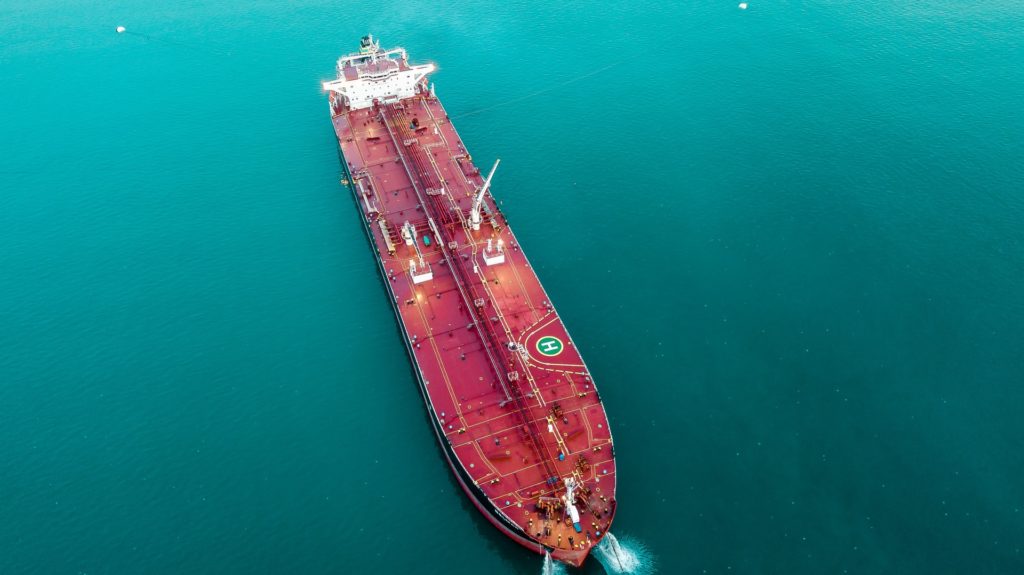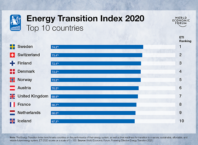
The Prime Minister of India in March 2015 visited three small but strategically important island states of Indian Ocean- Seychelles, Mauritius, and Sri Lanka and during this tour, he unveiled India’s strategic vision for the Indian Ocean: Security and Growth for All in the Region (SAGAR).
The External Affairs minister stated that India’s SAGAR vision is intended to be “Consultative, Democartic and Equitable”.
Security and Growth for All in the Region (SAGAR) seeks to differentiate India’s leadership from the modus operandi of other regionally active major powers and to reassure littoral states as India’s maritime influence grows.
Indian Ocean Commission (IOC) granted India the status of an observer during its 34th council of ministers meet and it is the time for India to put its SAGAR vision to test,
About Indian Ocean Commission
IOC is an intergovernmental organisation founded in 1982 and comprises five small- island states in the western Indian Ocean- the Comoros, Madagascar, Mauritius, Réunion (a French department), and Seychelles.
The Decisions taken by the members of the Indian Ocean Commission are consensus based.
Since maritime security is an important feature of India’s relations with smaller states in the Indian Ocean, India’s interest in IOC should be understood in this context.
MASE Programme
In 2012, the European Union funded programme (MASE) was launched to promote Maritime Security in Eastern and Southern Africa and Indian Ocean. IOC was one of the four regional organisations to launch the programme.
IOC has established two regional centres under the MASE programme for surveillance and control of western Indian Ocean:
- The Regional Maritime Information Fusion Center, based in Madagascar, to monitor maritime activities and promote information sharing and exchange.
- The Regional Coordination Operations Centre, based in Seychelles, to facilitate coordinated interventions at sea.
These centres help the smaller states in policing and patrolling their Exclusive Economic Zones (EEZs).
India’s Role
Indian Ocean littoral states require additional support and assistance from additional regional actors in developing their maritime domain awareness and in building capacity to petrol their EEZs.
India has already shown a strong interest in the work of IOC and has been granted an observer status recently.
With its observer status, India will put to test its SAGAR vision and extend its expertise to the region.
Conclusion
As a major stakeholder in the Indian Ocean with maritime security high on the agenda, India will continue to pursue its interests and tackle maritime security challenges at the macro level in the region.There are littoral states in the Western Indian Ocean who are closely watching how India’s “consultative, democratic and equitable” leadership will take shape.



